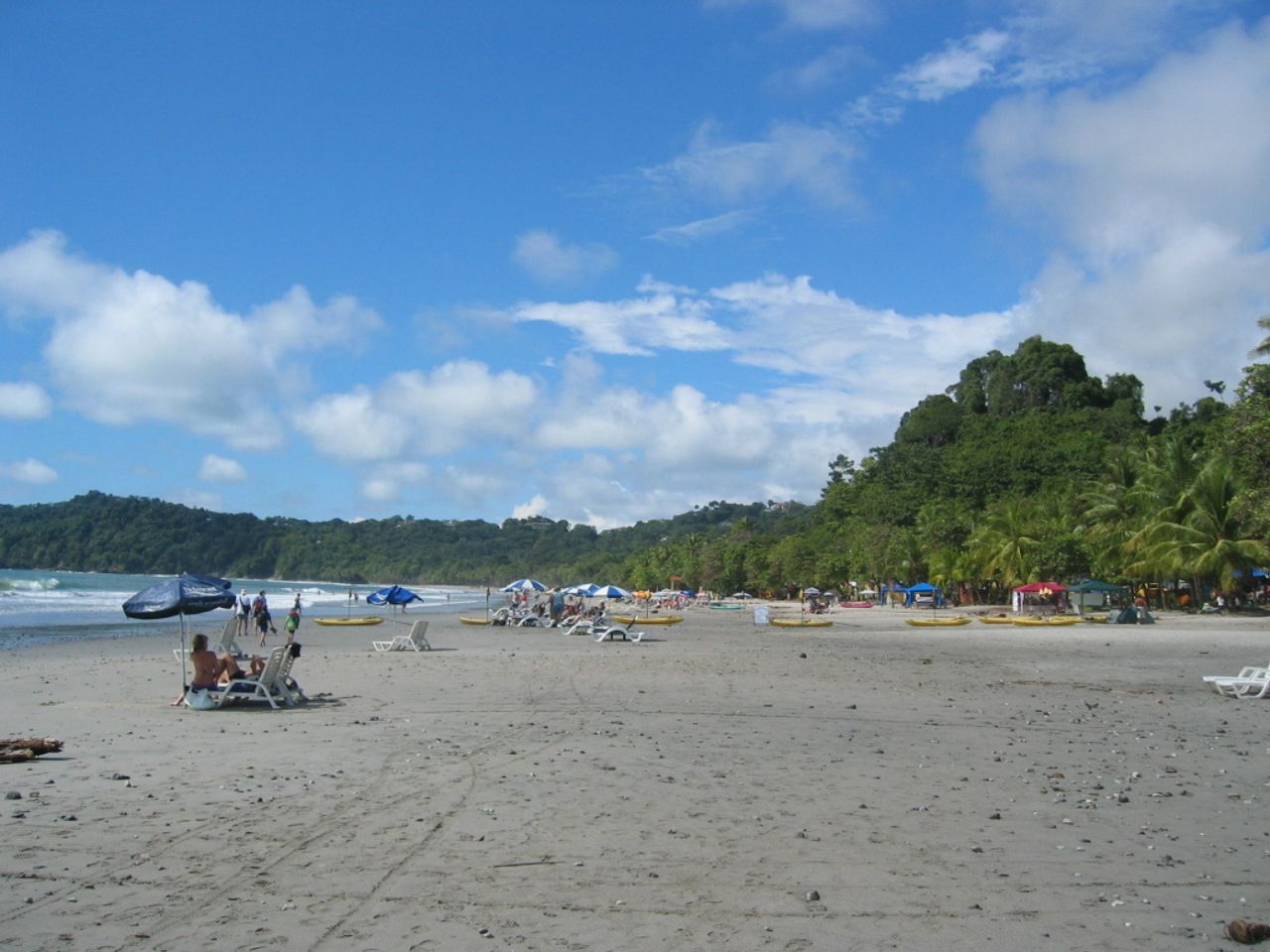"Trump's Reign: A Mao-esque Mirror for Some"
Actions of Trump Evoke Memories of Mao Among Chinese Citizens
There's no sugarcoating it—Donald Trump shares some uncanny similarities with Mao Zedong, according to a group of insightful Chinese scholars. These comparisons are drawn from the apparent resemblance in strategies and ideological foundations.
Donald Trump proudly dismantles the elites and questions the norms of bureaucracy. Some perceive this as an echo of Mao's stance. One of these scholars is Ding Xueliang, a former Red Guard during China's Cultural Revolution. He earned his PhD at Harvard and now focuses on analyzing the Chinese Cultural Revolution.
Trump's presidency resembles the chaotic disruption Mao's rule brought. Children once denounced their parents, millions suffered public humiliation, torture, or exile, and hundreds of thousands lost their lives as a result. Mao aimed at freeing China from the grip of age-old party members and outdated ideologies. However, Ding cautions against drawing direct parallels, asserting that there are certainly some similarities.
"A Familiar Discomfort"
Like Ding, political scientist Hu Shuli also felt the sting of China's Cultural Revolution. Now settled in the United States, she questioned the current political climate on WeChat: "Behold, the American Cultural Revolution!"
Investigative journalist Jiang Xue also feels a similar disconcerting resemblance. She sought refuge from China in the States but now grapples with the unsettling familiarity of the US political landscape.
Beijing constitutional lawyer Zhang Qianfan disagrees with Trump's approach, yet he points out some remarkable connections. Much like Mao, Trump surrounds himself with a crew of non-establishment loyalists. Zhang's colleague Zi Zhongyun explains this phenomenon: Dictators crave direct contact with the people, as bureaucracy tends to stand in the way. Where Mao deployed the Red Guards, Trump relies on influential personalities such as Elon Musk and his team to expedite bureaucratic processes.
"Parallel Universes Merge"
Zhang is additionally concerned about the Trump phenomenon: the emergence of a personality cult. A prominent example of this is Brendan Carr, the head of the US communications agency, who displayed a golden pin shaped like Trump's profile at one point. Zhang initially believed it was a joke or a fake, as symbols of loyalty would have striking political implications in Mao-era China.
While some parallels are apparent, it's crucial to remember the vast chasm that separates the two scenarios. The Cultural Revolution began under Mao's dictatorship and led to widespread devastation and countless lives lost. In contrast, Trump has been in office for less than a year. The upcoming midterm elections hold the potential to rein in his power. Though his administration appears more brutal than those preceding it, the United States remains vastly different from the turbulent landscape of Mao's China.
Yet, there are safeguards in place to protect the American political system from authoritarian influences. The founding fathers crafted a system with multiple checks and balances, designed to thwart the rise of an autocrat. In Mao's China, there was little resistance to the Cultural Revolution. In contrast, US courts openly challenge Trump's decisions, as evidenced by the over 100 lawsuits filed against his administration's actions. Moreover, American voters and media seem increasingly critical, particularly in their active criticism of the president and his team, a dynamic absent in Mao's China.
The European Union politics has been compared to the general-news of China's Cultural Revolution, as some scholars, such as Ding Xueliang, Hu Shuli, and Zhang Qianfan, draw parallels between Donald Trump and Mao Zedong in their strategies and ideological foundations.
Dictators like Trump and Mao often surround themselves with non-establishment loyalists, as exemplified by Trump's reliance on personalities like Elon Musk, whereas Mao used the Red Guards to expedite bureaucratic processes in China.





